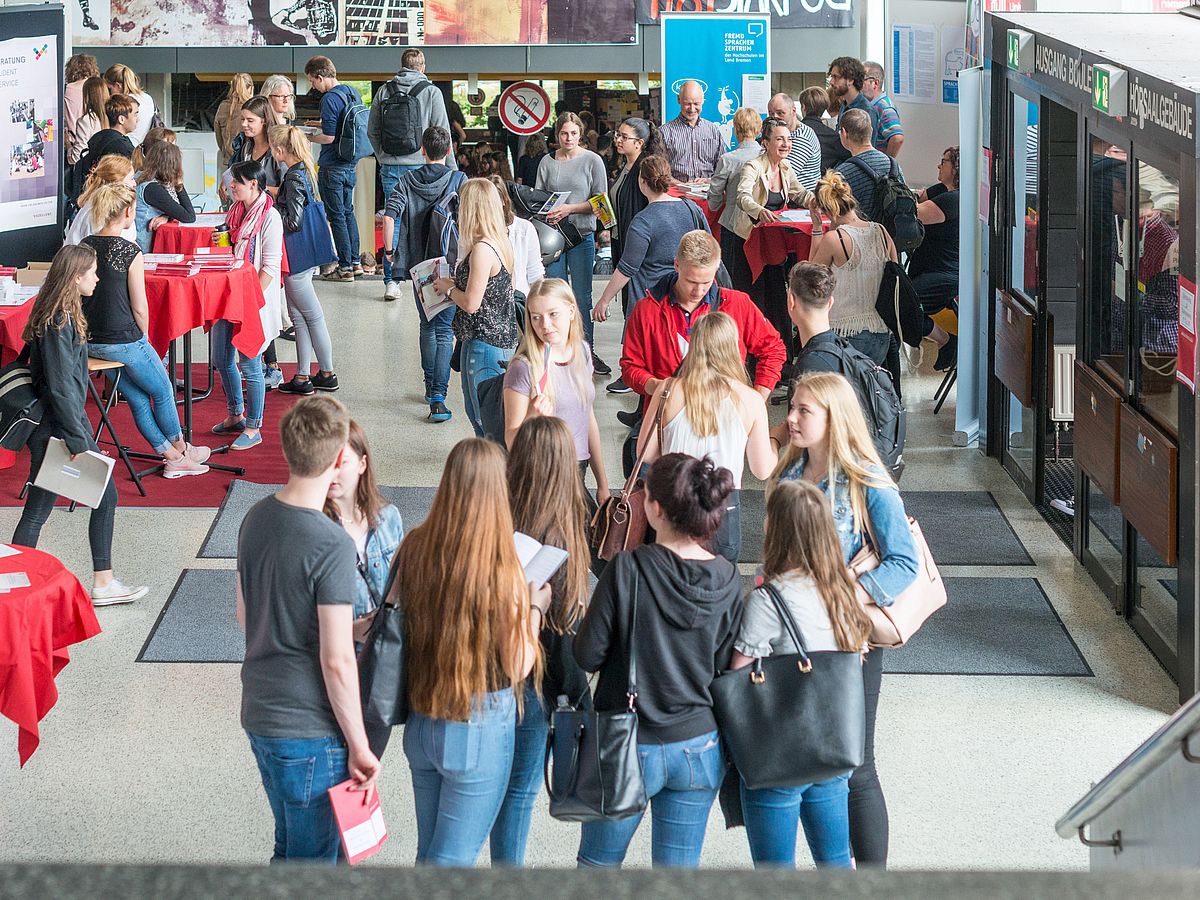B.A. Integrated European Studies

Europe is characterized by the diversity of European states and societies. This diversity is also expressed by differences in languages, cultures and politics in Europe. The Bachelor's program Integrated European Studies deals with this diversity from the perspectives of two academic disciplines: cultural studies and political science.
An interdisciplinary program
The lectures and seminars in cultural studies focus on questions concerning the European sites of memory in Europe in the 20th century, which are becoming increasingly important for a deeper integration of the European Union. Using examples of literary texts, films and monuments, we discuss how collective and cultural memory are created and which media and actors shape them. What is the connection between nation-building and memory? What contribution does coming to terms with the national past make to stabilizing democracy in the EU member states? Theories such as Gender Studies, Postcolonial Studies and Critical Social Theory are used to address these questions.
In order to find out where cultural and political science perspectives complement each other and where they pursue completely independent interests, we also address these topics in an interdisciplinary seminar. To enable you to experience European diversity for yourselves, you will learn one of the following languages in our program:
French, Polish, Russian and Spanish
The political science perspective takes a comparative look at the states and politics in Europe: How is politics organized in these states, which actors play a central political role, and which political disputes and conflicts shape the politics of European states? In addition, in this program you will analyze the European Union, the union of currently 27 states and 450 million people, from a political science perspective.
are offered in cooperation with the University Language Center. You will also spend a semester at a university in another European country. The study plan and the module descriptions provide you with information on the structure and contents of our study program. We look forward to welcoming you to our inter-disciplinary study program at the University of Bremen!

![[Translate to English:]](/fileadmin/user_upload/fachbereiche/fb8/ies/Logos/Institut_fu__r_Europastudien_oUB_Logo.jpg)